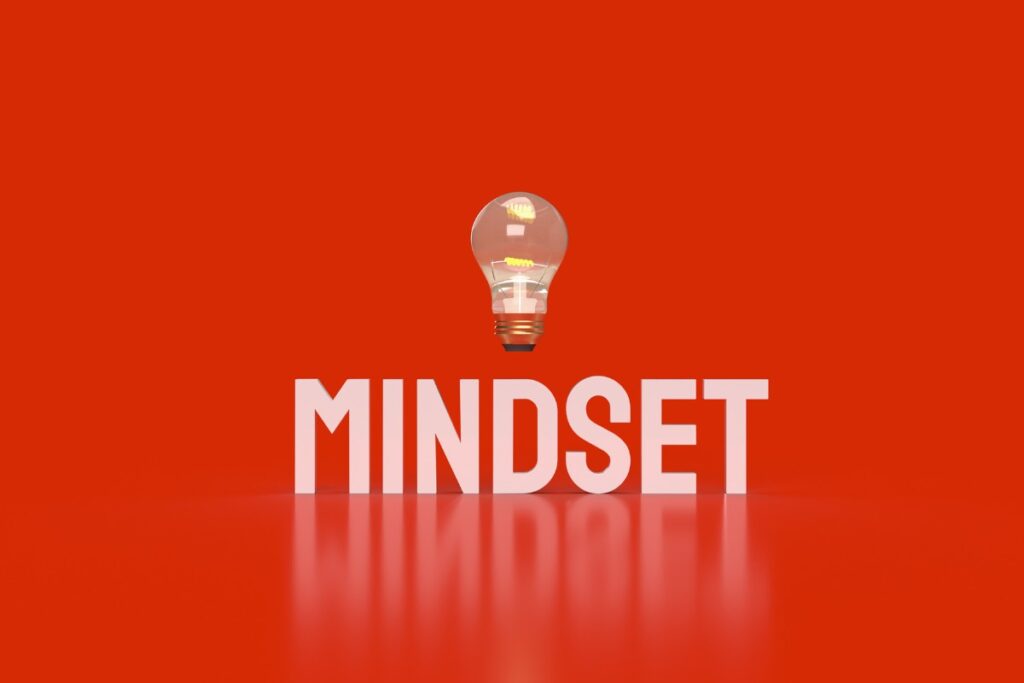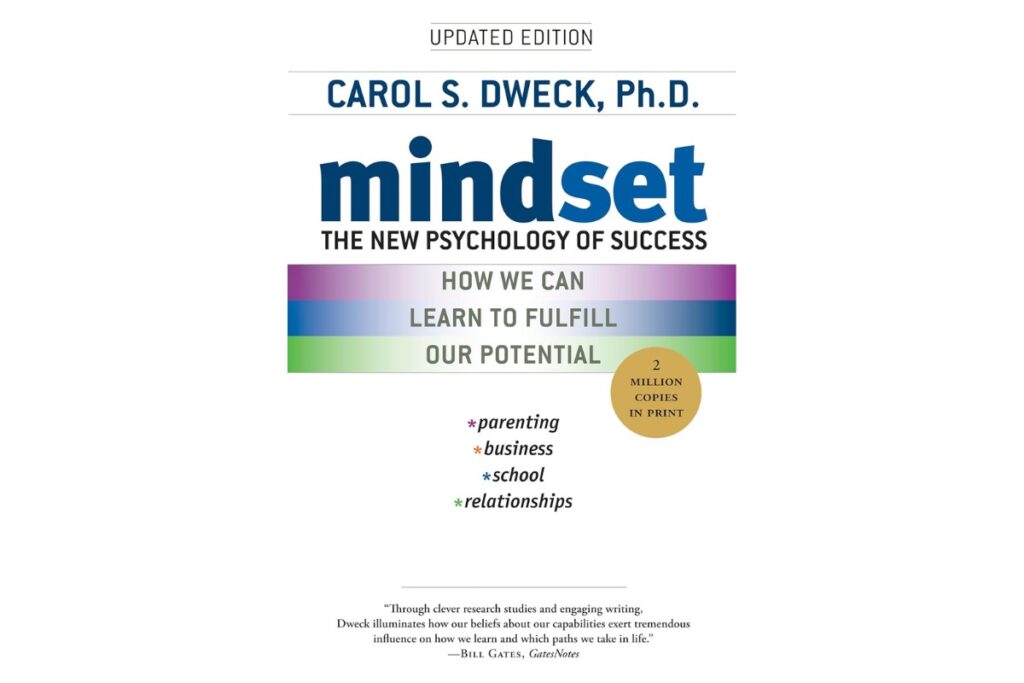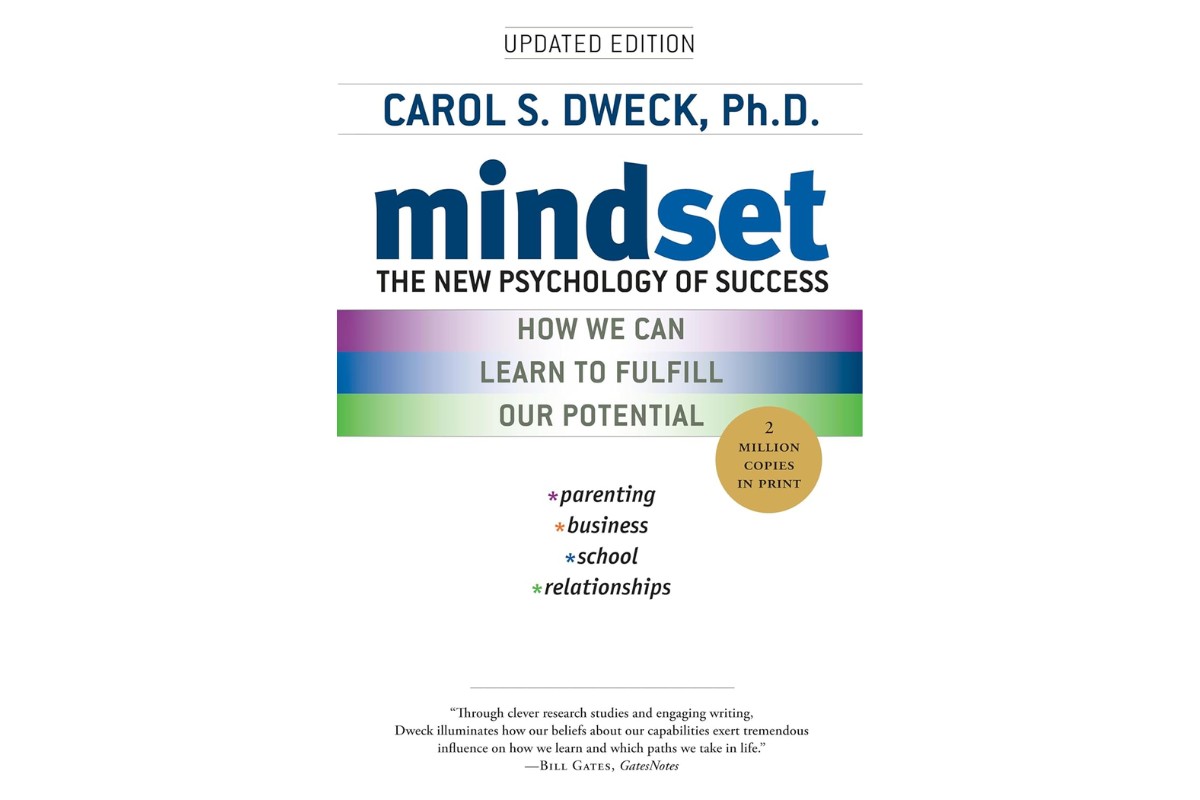Mindset The New Psychology of Success Carol Dweck Review
In “Mindset: The New Psychology of Success,” psychologist Carol Dweck introduces readers to a groundbreaking concept that has revolutionized the way we understand achievement and personal growth. Dweck’s research explores the profound impact of mindset on success, revealing that our beliefs about our abilities can shape our behavior, performance, and, ultimately, our outcomes in life.
By reaching inside the contrasting ideologies of the growth mindset and fixed mindset, Dweck offers readers invaluable insights into how they can unlock their full potential and achieve their goals. Through real-life examples and practical strategies, “Mindset” challenges readers to reconsider their approach to challenges, setbacks, and learning, empowering them to cultivate a mindset that fosters resilience, determination, and lifelong success.
Table of Contents
Introduction to Mindset
Mindset refers to the collection of beliefs, attitudes, and assumptions that shape an individual’s perception of themselves and the world around them. It influences how people interpret events, approach challenges, and make decisions in their lives. An individual’s perspective can be either fixed or growth-oriented.
- A fixed mindset is characterized by the belief that abilities and talents are innate and unchangeable. Individuals with a fixed mindset may avoid challenges, give up easily in the face of setbacks, and view effort as fruitless.
- Conversely, a growth mindset is characterized by the belief that abilities can be developed through dedication, effort, and learning. Individuals with a growth mindset adopt challenges, survive obstacles, and see failures as prospects for growth.
The power of a growth mindset lies in its ability to foster resilience, determination, and a willingness to learn. Embracing challenges as opportunities for growth, individuals with a growth mindset are more likely to persevere in the face of obstacles and ultimately achieve success.

Carol Dweck and “Mindset: The New Psychology of Success”
Renowned psychologist Carol S. Dweck introduced the concept of mindset to the mainstream with her groundbreaking book, “Mindset: The New Psychology of Success.” In this seminal work, Dweck explores the implications of mindset on achievement and offers practical strategies for cultivating a growth mindset.
Mindset Book Carol Dweck
Mindset: The New Psychology of Success by Carol S. Dweck explores how beliefs about our abilities and potential can affect our performance and well-being in various domains of life, such as school, work, sports, relationships, and more.
Dweck distinguishes between two types of mindsets: fixed and growth.
Fixed Mindset
People with a fixed mindset believe that their talents and intelligence are innate and unchangeable. They tend to avoid challenges, give up easily, ignore feedback, and feel threatened by the success of others.
Growth Mindset
People with a growth mindset believe that their abilities can be developed through effort, learning, and perseverance. They tend to embrace challenges, persist in the face of setbacks, seek feedback, and celebrate the success of others.
Dweck argues that a growth mindset can lead to greater achievement, motivation, resilience, and happiness. She offers practical advice on cultivating one in oneself and others.
Reviews:
The book has received positive reviews from many readers, who praised Dweck’s research, insights, and examples. Some of the typical pieces that appeared from the reviews are:
The book is easy to read, engaging, and inspiring.
The book applies to various aspects of life, such as parenting, teaching, managing, coaching, and personal development.
The book challenges some of the conventional wisdom and myths about talent, intelligence, and success.
The book encourages readers to reflect on their mindsets and behaviors and to adopt a more growth-oriented attitude.
Some of the criticisms that the book received are:
The book is repetitive, simplistic, and overgeneralized.
The book does not address some of the limitations and nuances of the mindset theory, such as the role of genetics, environment, personality, and context.
The book does not provide enough evidence or examples to support some of the claims and recommendations.
Conclusion
Overall, Carol S. Dweck’s book Mindset: The New Psychology of Success seems to have had a positive impact on many readers, who found it helpful, informative, and empowering. However, some readers also expressed reservations, doubts, and questions about the validity and applicability of the mindset theory.
If you are interested in buying Carol S. Dweck’s book Mindset: The New Psychology of Success, click on the link below to order it from Amazon.
You can also read more customer reviews and ratings before purchasing. I hope you enjoy the book and learn something new from it. 😊

Applying a Growth Mindset in Daily Life
Applying a Growth Mindset in Daily Life involves adopting a mindset that emphasizes learning, development, and resilience in the face of challenges. It’s about cultivating a positive attitude towards personal growth and embracing opportunities for learning and improvement in various aspects of life.
In practical terms, applying a growth mindset means:
- Embracing Challenges: Viewing challenges as opportunities for growth rather than threats. Instead of avoiding difficult tasks, individuals with a growth mindset approach them with curiosity and determination.
- Persisting in the Face of Setbacks: Understanding that setbacks and failures are a natural part of the learning process. Rather than giving up when faced with obstacles, individuals with a growth mindset persevere and use setbacks as opportunities to learn and improve.
- Seeking Feedback and Learning Opportunities: Actively seek feedback from others and use it as constructive input for personal growth. Additionally, I am seeking out new experiences and learning opportunities to expand my knowledge and skills.
- Believing in Effort and Improvement: Recognizing that effort and dedication are essential for growth and improvement. Instead of believing that abilities are fixed, individuals with a growth mindset understand that skills can be developed over time through practice and perseverance.
- Maintaining a Positive Attitude: Cultivating an optimistic outlook on life, even in the face of challenges or setbacks. By focusing on possibilities and opportunities, individuals with a growth mindset can overcome obstacles and achieve their goals.
Overall, applying a growth mindset in daily life involves adopting a proactive and resilient approach to learning and development, with a focus on continuous improvement and personal growth.
Challenges in Adopting a Growth Mindset
Challenges in Adopting a Growth Mindset entail overcoming barriers and obstacles that may hinder individuals from fully embracing this empowering mindset. While adopting a growth mindset can lead to personal growth and success, it’s not always easy to make the shift from a fixed mindset to a growth-oriented one. Some common challenges include:
- Fear of Failure: Many individuals fear failure and perceive it as a reflection of their abilities or worth. This fear can prevent them from taking risks or stepping out of their comfort zones to pursue growth opportunities.
- Negative Self-Talk: Internal dialogue and self-limiting beliefs can undermine efforts to adopt a growth mindset. Negative thoughts such as “I’m not good enough” or “I’ll never succeed” can sabotage progress and hinder personal development.
- Resistance to Change: Change can be uncomfortable and unsettling for some individuals, leading to resistance or reluctance to embrace new perspectives or behaviors associated with a growth mindset.
- Fixed Mindset Conditioning: Years of conditioning and reinforcement of fixed mindset beliefs from childhood or societal influences can make it challenging to break free from ingrained patterns of thinking and behavior.
- Impatience for Results: Adopting a growth mindset requires patience, persistence, and a willingness to embrace gradual progress and setbacks as part of the learning process. Some individuals may become discouraged if they don’t see immediate results or quick fixes.
- Lack of Support: Without a supportive environment or encouragement from peers, family, or mentors, individuals may struggle to maintain motivation and confidence in their ability to develop a growth mindset.
Overcoming these challenges requires self-awareness, commitment, and intentional effort. Strategies such as practicing self-compassion, reframing failure as a learning opportunity, surrounding oneself with supportive individuals, and seeking professional guidance or resources can help individuals navigate the journey toward adopting a growth mindset and unlocking their full potential.
Criticism and Controversies Surrounding Mindset Theory
Criticism and Controversies Surrounding Mindset Theory involves debates and skepticism within the psychological community regarding the validity and application of mindset theory, particularly in the context of education and personal development. While mindset theory, popularized by Carol Dweck’s work, has garnered widespread acclaim for its potential to promote resilience and learning, it has also faced scrutiny and critique. Some common criticisms and controversies include:
- Overemphasis on Individual Responsibility: Critics argue that mindset theory places too much emphasis on individual effort and mindset, potentially overlooking systemic barriers to success, such as socioeconomic factors, institutional inequalities, and structural inequities.
- Simplification of Complex Psychological Phenomena: Some psychologists question the oversimplification of human behavior and motivation inherent in mindset theory, suggesting that it fails to capture the full complexity of psychological processes involved in learning, achievement, and behavior change.
- Limited Empirical Evidence: While some studies have provided support for the efficacy of mindset interventions, others have yielded mixed or inconclusive results. Critics argue that the empirical evidence supporting mindset theory may be limited or methodologically flawed, raising questions about its reliability and generalizability.
- Potential for Harmful Effects: Some concerns promoting a growth mindset indiscriminately may inadvertently lead to harmful outcomes, such as increased pressure to succeed, heightened anxiety, or feelings of inadequacy among individuals who struggle to adopt a growth-oriented mindset.
- Commercialization and Misapplication: The widespread popularity of mindset theory has led to its commercialization, with numerous books, workshops, and programs claiming to teach individuals how to develop a growth mindset. Critics caution against the potential for oversimplified or misapplied interpretations of mindset theory in educational and organizational settings.
- Debates Over Replication and Reproducibility: Some researchers have raised questions about the replicability of findings related to mindset theory, highlighting discrepancies between original studies and subsequent replication attempts. These debates underscore the need for rigorous research and scientific scrutiny in validating the claims of mindset theory.

Conclusion
In conclusion, “Mindset: The New Psychology of Success” by Carol Dweck presents a compelling argument for the transformative power of mindset in shaping individual achievement and personal growth. Dweck’s exploration of the contrasting ideologies of fixed and growth mindsets offers readers valuable insights into how their beliefs about their abilities can influence their behavior and outcomes in life. Through real-life examples and practical strategies, the book challenges readers to reassess their approach to challenges, setbacks, and learning, empowering them to cultivate a mindset that fosters resilience, determination, and lifelong success.
Despite the book’s widespread acclaim and positive impact on many readers, it has also faced criticism and controversy within the psychological community. Critics have raised concerns about mindset theory’s oversimplification, the lack of empirical evidence supporting its efficacy, and the potential for harmful effects associated with its indiscriminate promotion. However, ongoing debates and discussions surrounding mindset theory highlight the importance of continued research and critical evaluation in understanding its implications for personal development and achievement.
Overall, “Mindset: The New Psychology of Success” remains a valuable resource for individuals seeking to unlock their full potential and achieve their goals. By embracing the principles of a growth mindset outlined in the book, readers can cultivate a positive and resilient outlook on life, overcome obstacles, and pursue success with confidence and determination.
FAQs
What is the “Mindset: The New Psychology of Success” summary?
“Mindset: The New Psychology of Success” by Carol Dweck explores the concept of mindset and its impact on achievement and personal growth. Dweck introduces two types of mindsets: fixed mindset and growth mindset. Individuals with a fixed mindset believe that their abilities are innate and unchangeable, while those with a growth mindset believe that their abilities can be developed through effort and learning. The book emphasizes the importance of adopting a growth mindset to overcome challenges, persevere in the face of setbacks, and achieve success in various aspects of life.
Is the “Mindset” book worth reading?
Yes, “Mindset: The New Psychology of Success” is widely regarded as a valuable and insightful book. It offers practical strategies for cultivating a growth mindset and provides compelling examples of how mindset can influence behavior and outcomes. Readers interested in personal development, psychology, or achieving success may find the book highly beneficial.
What type of book is “Mindset”?
“Mindset” is a self-help book that combines psychological research with practical advice for personal growth and achievement. It explores the concept of mindset and offers strategies for developing a growth-oriented mindset to overcome challenges and achieve success.
How many pages is “Mindset”?
The page count of “Mindset: The New Psychology of Success” varies depending on the edition and publisher. The average length is around 300 pages.
Is “7 Mindsets” good?
“7 Mindsets” is a separate book or program from “Mindset: The New Psychology of Success” by Carol Dweck. The quality and effectiveness of “7 Mindsets” depend on individual preferences and needs. It’s recommended that you research reviews and testimonials to determine if they align with your goals and interests.
What are the four types of mindset?
The concept of mindset typically focuses on two main types: fixed mindset and growth mindset. However, some frameworks or models may classify mindsets into four categories:
Fixed mindset: Belief that abilities are static and unchangeable.
Growth mindset: Belief that capabilities can be acquired through action and learning.
Open mindset: Embracing new experiences and perspectives with curiosity and flexibility.
Closed mindset: Resisting change and clinging to familiar beliefs and habits.
If you want to read more articles similar to Mindset: The New Psychology of Success by Carol Dweck, we recommend that you enter our Psychology category.







